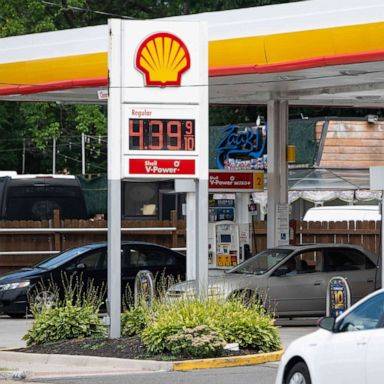Fuel Price in Ghana: Understanding the Factors Impacting the Cost of Fuel
The price of fuel in Ghana has become a major concern for many motorists, businesses, and households. The spike in fuel prices is affecting the country's economy and raising inflation rates. In this article, we will discuss the factors that influence fuel prices in Ghana and some strategies for mitigating the impact of the rising cost of fuel.
The cost of fuel in Ghana is influenced by a variety of factors such as global crude oil prices, exchange rates, taxes and levies, and transportation costs. Ghana relies mostly on imported crude to meet its energy needs, which accounts for a significant percentage of the country's expenditure. Changes in global crude oil prices can greatly impact the cost of fuel in Ghana. When crude oil prices increase, the cost of petrol, diesel, and kerosene in the country also goes up due to the country's reliance on these imports.
Additionally, Ghana's fuel prices are also impacted by exchange rates. Since petroleum products are traded in US dollars, a decline in the cedi's value against the dollar can mean a higher cost of fuel for consumers. Similarly, taxes and levies also influence the price of fuel in Ghana. The government levies excise taxes on petrol, diesel, and other petroleum products.
A different factor that impacts the cost of fuel in Ghana is transportation costs. The importation of crude oil and the distribution of refined products to various parts of the country incur transportation costs, which can also contribute to the price of fuel.
To mitigate the impacts of rising fuel prices, the Ghanaian government has implemented several policies. The government removed fuel subsidies in 2015, reducing pressure on the country's fiscal situation. Furthermore, the government has initiated oil exploration projects to reduce dependency on crude oil imports.
In conclusion, fuel prices in Ghana are impacted by several factors such as global crude oil prices, exchange rates, taxes and levies, and transportation costs. These factors contribute to the continued rise in the price of fuel in the country. However, with effective government policies and investment in alternative energy sources, we can mitigate the impacts of increasing fuel costs and ensure stable growth for the country's economy.




No comments yet
Be the first to share your thoughts!